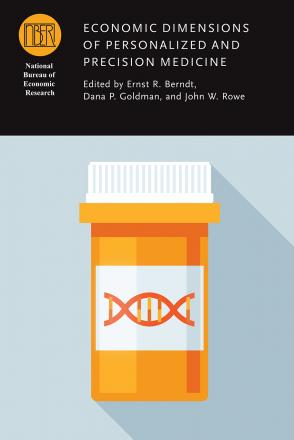The Value of Cytochrome P450 2C19 Pharmacogenomic Information for Patients Receiving Clopidogrel Therapy Following a Major Cardiovascular Event: Evidence from Geisinger

Dual antiplatelet therapy, combining a P2Y12 inhibitor and aspirin, is central to the management of patients with acute coronary syndromes. Clopidogrel is a commonly prescribed thienopyridine P2Y12 inhibitor used to prevent secondary events following a myocardial infarction/percutaneous coronary intervention. Clopidogrel effectiveness has been linked to proper function of metabolic enzyme cytochrome P450 2C19 (CYP2C19). Testing for CYP2C19 genetic changes that result in decreased activity has been proposed as a mechanism by which to identify clopidogrel non-responders a priori. Robust real-world studies evaluating the impact of genotype-guided antiplatelet selection on clinical, utilization and outcome metrics are lacking. We linked clinical and financial data on a cohort of 2,595 Geisinger patients who were prescribed antiplatelet therapy without pharmacogenomic insight. Leveraging post-hoc, research-generated pharmacogenomic information, we describe the potential value of pharmacogenomic information in the selection of clopidogrel as the P2Y12 inhibitor therapy. Among patients examined, CYP2C19 loss of function did not predict the probability of follow-on adverse events, clinical utilization or total medical costs within the 12 months after clopidogrel initiation in adjusted or crude analysis. Universal CYP2C19 pharmacogenomic testing to inform P2Y12 selection following an MI/PCI index event within the Geisinger patient population studied would not have led to improved clinical outcomes, decreased health care utilization or lower total medical cost.
-
-
Copy CitationRebecca A. Pulk, Jove Graham, Frank R. Lichtenberg, Daniel Maeng, Marc S. Williams, and Eric Wright, Economic Dimensions of Personalized and Precision Medicine (University of Chicago Press, 2018), chap. 10, https://www.nber.org/books-and-chapters/economic-dimensions-personalized-and-precision-medicine/value-cytochrome-p450-2c19-pharmacogenomic-information-patients-receiving-clopidogrel-therapy.Download Citation


